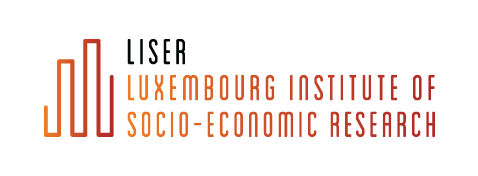Given the increasing economic need for dual-earner couples, balancing the demands of family and work has become one of the most pressing issues for families with young children. Parental leave is one of the most important policies that aims to tackle this problem by facilitating employment for mothers and supporting the involvement of fathers in childcare. Evaluation of existing parental leave policies helps to understand to what extend these objectives are met and how different segments of the eligible population respond to the policy. In the existing literature on parental leave assessment, several gaps can be identified that leave room for innovative research. For example, there are only very few studies that analyse a couple's parental leave strategies. The role of employers' characteristics in the leave-taking strategies of individuals as well as couples also remains under researched. As regards the evaluation of the effect of parental leave on labour market outcomes, the empirical evidence on the effect of parental leave on the intensity of labour market participation and post-birth wages among fathers and mothers is limited, and there is little analysis of the heterogeneity of the policy responses across various subgroups of mothers and fathers. This project aims at filling these gaps by addressing the following three research questions. First, how are the employer-level characteristics associated with joint couples' leave-taking strategies? The second question is how the introduction of parental leave in Luxembourg affected the number of hours worked by mothers and fathers over five years following the birth of a child and whether there was heterogeneity in this effect across different subgroups of mothers and fathers depending on their workplace characteristics. Lastly, we ask what the effect of parental leave-taking on mothers' and fathers' wages after the birth of a child is, taking into account any workplace characteristics. We use the case study of Luxembourg, because its parental leave scheme has particular features that are relevant to tackling the aforementioned research objectives. Additionally, Luxembourg provides a unique longitudinal social security database containing individual-, coupleand company-level information that allows to analyse these issues and establish causal effects.

